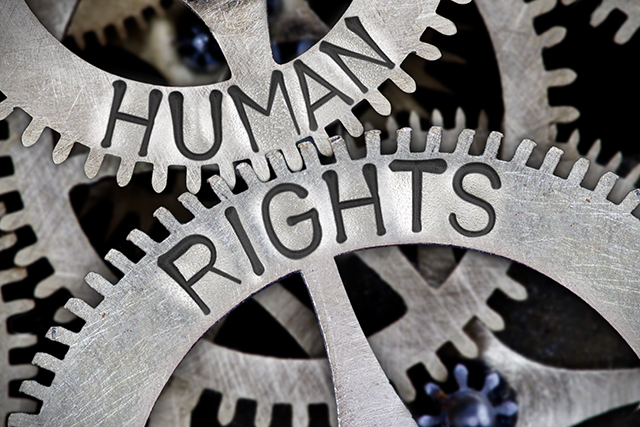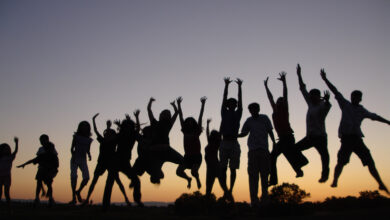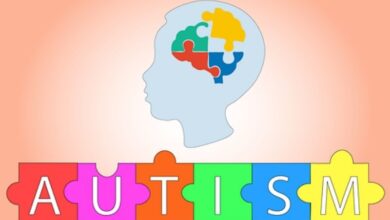Human rights violations and Advocacy

Human rights are the basic rights and freedoms that belong to every human being regardless of gender, race, religion, nationality, or any other status. However, human rights violations have been rampant across the globe, with many individuals and groups suffering from various forms of abuse. This article explores the various human rights violations, the advocacy efforts being made to address them, and the need for a global movement to ensure the protection of human rights.
Understanding Human Rights Violations
Human rights violations occur when the rights and freedoms of an individual or group are violated by state or non-state actors. These violations can take various forms, including physical or psychological abuse, discrimination, denial of basic services, torture, arbitrary arrests, and killings. The violations can be perpetuated by the state, individuals, or groups, and can be driven by various factors such as power, greed, ideology, or ignorance.
Types of Human Rights Violations
Human rights violations can be categorized into civil, political, economic, social, and cultural rights. Civil and political rights include the right to life, freedom of expression, assembly, and association, the right to a fair trial, and the right to vote. Economic, social, and cultural rights include the right to education, healthcare, housing, food, and water. Violations of these rights can lead to poverty, inequality, and marginalization.
Advocacy Efforts for Human Rights
Advocacy for human rights involves promoting and protecting the rights and freedoms of individuals and groups through various actions such as lobbying, campaigns, and awareness-raising. Many organizations and individuals have been at the forefront of advocating for human rights across the globe. Some of the notable organizations include Amnesty International, Human Rights Watch, and International Federation for Human Rights.
The Need for a Global Movement
Despite the efforts made by various organizations and individuals, human rights violations continue to be rampant across the globe. A global movement is necessary to ensure that human rights are respected, protected, and fulfilled everywhere. The movement should be driven by a shared vision and values and should involve all stakeholders, including governments, civil society organizations, and individuals. The movement should prioritize prevention, protection, and accountability for human rights violations.
Examples of Human Rights Violations and Advocacy Efforts
Child Labor
Child labor is a form of human rights violation that involves children being forced to work in hazardous conditions. Many children across the globe work in mines, factories, and farms, denying them the right to education and putting them in harm’s way. Advocacy efforts have been made to end child labor, including awareness-raising campaigns, boycotts, and lobbying for laws to protect children’s rights.
Women’s Rights
Women’s rights violations include discrimination, sexual violence, forced marriage, and denial of basic services. Women in many parts of the world suffer from these violations, denying them the right to equality and dignity. Advocacy efforts for women’s rights have been made by organizations such as UN Women, which works to promote gender equality and empower women and girls.
LGBT Rights
LGBT rights violations involve discrimination and violence against individuals who identify as lesbian, gay, bisexual, or transgender. Many LGBT individuals face stigma, discrimination, and violence, denying them the right to freedom of expression and association. Advocacy efforts for LGBT rights have been made by organizations such as the International Lesbian, Gay, Bisexual, Trans, and Intersex Association (ILGA), which works to advance the rights of LGBT individuals across the globe.
Conclusion
Human rights violations continue to be a challenge across the globe, denying individuals and groups the right to dignity, equality, and freedom. Advocacy efforts for human rights are necessary to ensure that these violations are prevented, protected, and accounted for. However, a global movement is needed to ensure that human rights are respected, protected, and fulfilled everywhere. This movement should be driven by a shared vision and values and should involve all stakeholders, including governments, civil society organizations, and individuals.
It is time to take action to address human rights violations, advocate for the respect of human rights, and hold accountable those who perpetrate such violations. Everyone has a role to play in creating a world where human rights are respected, and every effort counts toward achieving this goal.



